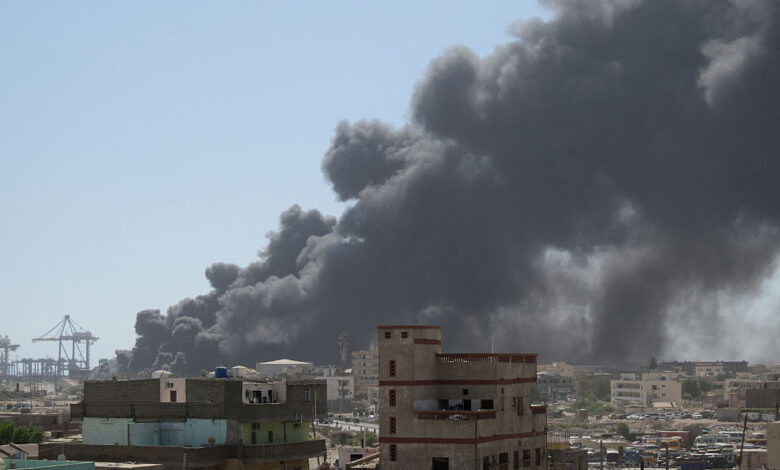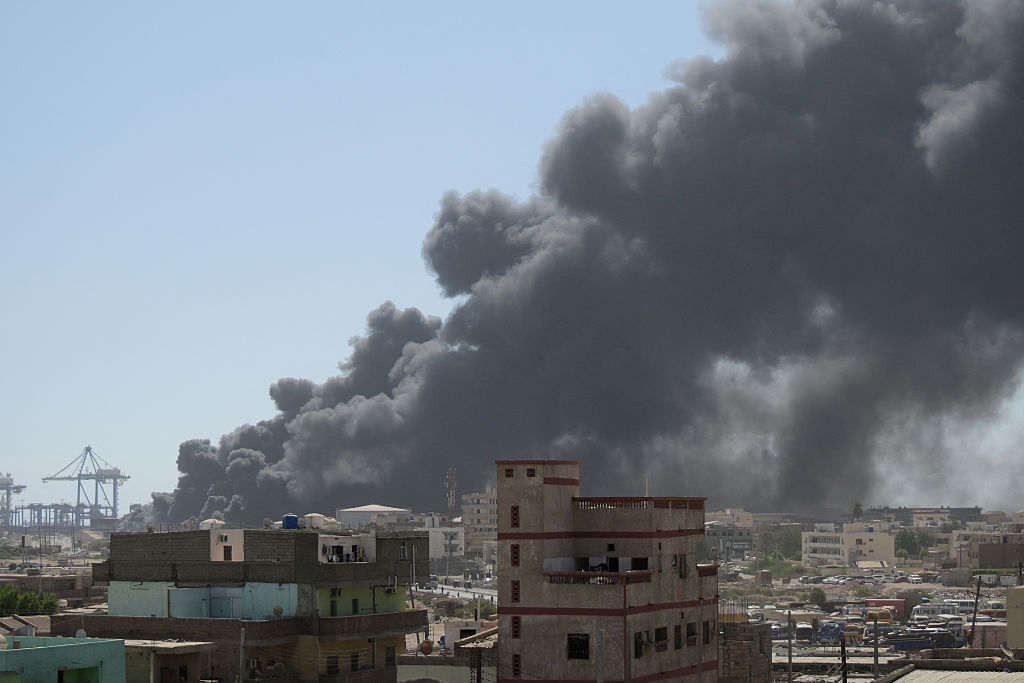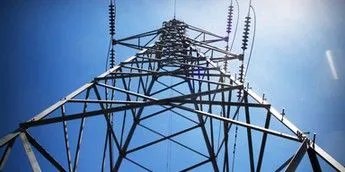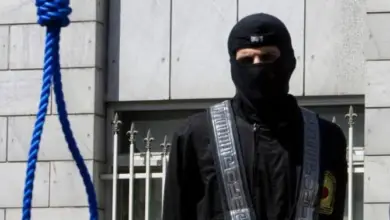Reports highlight drone strikes on Sudanese territory


Well-informed sources have revealed that Turkish-made Akinci drones took part in airstrikes launched from East Oweinat Airport in Egypt against targets inside Sudan.
Satellite imagery reviewed by the sources confirmed the presence of these drones at the mentioned airbase.
According to VanguardNGR website (Nigeria), East Oweinat Airport, located in southwestern Egypt near the borders with Sudan and Libya, has become a strategic hub for regional military operations. The airport is listed as a small, non-commercial facility (IATA: GSQ, ICAO: HEOW), situated at coordinates 22.584256, 28.721609, at an elevation of 843 feet (257 meters).
Reports indicate that the strikes targeted positions held by the Rapid Support Forces (RSF), suggesting possible foreign involvement in Sudan’s ongoing conflict. Previous investigations have already linked Turkey to supplying the Sudanese Armed Forces with drones and ammunition.
A recent United Nations report stated that Turkey provided the Sudanese army with TB2 and Akinci drones, as well as ground control stations, through intermediaries to avoid detection. The report estimated the total value of these transfers at approximately USD 120 million.
The ongoing conflict has been characterized by intense drone warfare, with the RSF claiming to have downed several Turkish-made drones in various regions, including Darfur and Kordofan. Documented incidents include airstrikes causing civilian casualties and damage to infrastructure.
International reports, including a 2023 investigation by The Washington Post, have highlighted shipments of Turkish drones and missiles to Sudan, allegedly facilitated by Baykar, the defense systems manufacturer. The investigation documented intermediaries, shipment details, and coordinated field operations.
The growing foreign involvement, particularly from Turkey and Iran, has further escalated the conflict and raised concerns over violations of the international arms embargo. Despite the UN Security Council’s October 2024 resolution extending the arms embargo on Darfur, enforcement against external suppliers remains weak.
This evolving situation underscores how Sudan’s internal war has transformed into a broader geopolitical confrontation, with rival powers seeking to assert influence through military and economic means.
DISCLAIMER: The Views, Comments, Opinions, Contributions and Statements made by Readers and Contributors on this platform do not necessarily represent the views or policy of Multimedia Group Limited.
DISCLAIMER: The Views, Comments, Opinions, Contributions and Statements made by Readers and Contributors on this platform do not necessarily represent the views or policy of Multimedia Group Limited.
Source link




